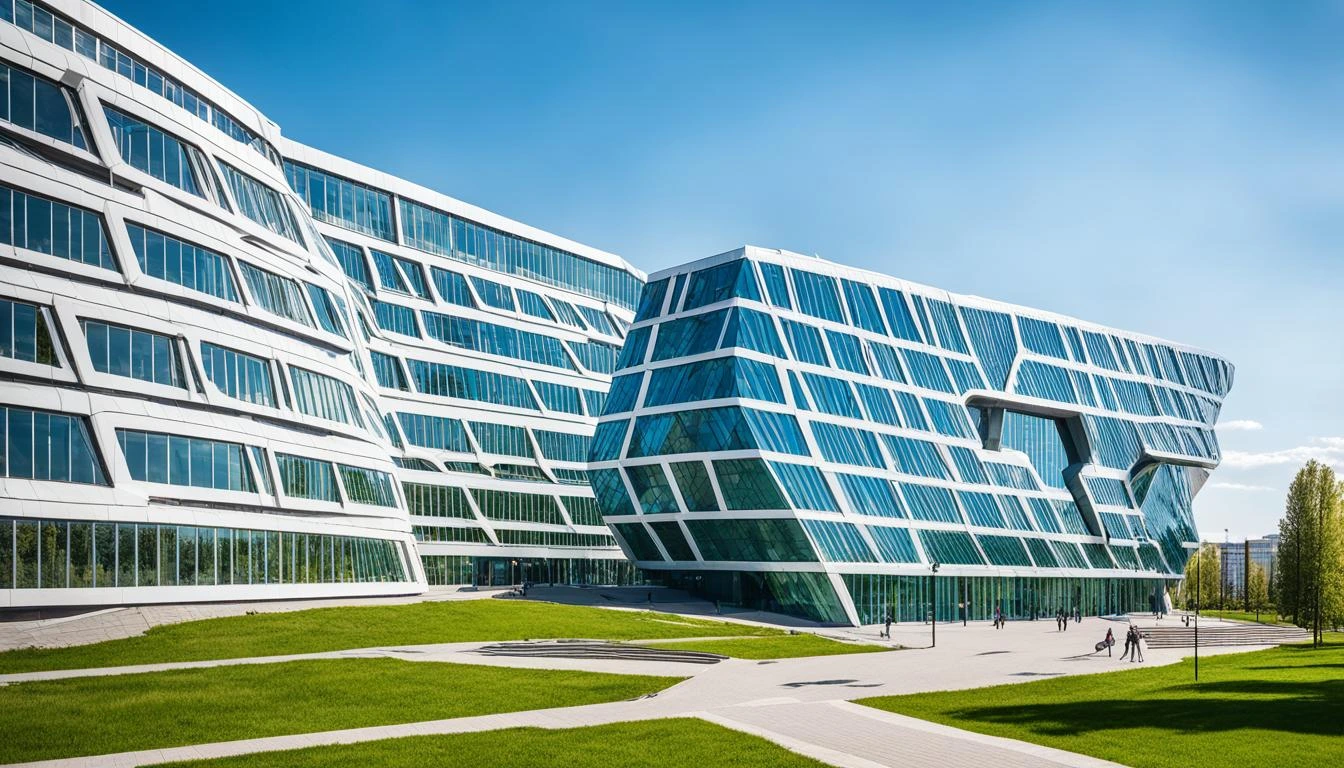Novosibirsk State Technical University (NSTU)
Russia | Novosibirsk, Russia

Russia | Novosibirsk, Russia


Novosibirsk State Technical University (NSTU), established in 1950 as the Novosibirsk Electrotechnical Institute (NETI), is a prominent public research institution located in Novosibirsk, Russia. Renamed in 1992, NSTU offers approximately 100 programs across technical, economic, and humanitarian disciplines at the Bachelor's, Master's, Ph.D., and post-doctoral levels. The university comprises 11 faculties and two institutes—the Institute of Social Rehabilitation and the Institute of Distant Education—encompassing 73 departments. With a student body exceeding 13,000 and around 1,500 faculty members, NSTU is recognized for its commitment to innovation, as evidenced by a 5-star rating from QS Stars in 2014. The campus features seven academic buildings, eight residence halls, a cultural center, sports facilities, and a clinic, fostering a comprehensive educational environment. NSTU maintains active international collaborations, engaging in agreements with universities across America, Germany, France, South Korea, and China, and participates in programs like TEMPUS and TACIS. This global engagement underscores NSTU's dedication to providing a diverse and inclusive academic experience.
Novosibirsk State Technical University (NSTU) has earned recognition across various international university rankings. In the QS World University Rankings 2025, NSTU is placed within the 1201–1400 range globally. It also ranks 112th in the QS EECA Rankings, highlighting its prominence in the Emerging Europe and Central Asia region. According to EduRank 2025, NSTU stands at 2,191st globally and holds the 33rd position in Russia, with notable subject rankings such as 652nd in Nuclear Engineering and placement in the top 50% for over 50 other disciplines. While U.S. News & World Report does not rank NSTU in its overall global list, the university is recognized for its strong performance in Physics, where it holds the 896th position. These rankings reflect NSTU’s growing academic reputation, particularly in engineering and technical sciences, and underscore its role as a significant research and educational institution in Russia.
No courses available for this university.